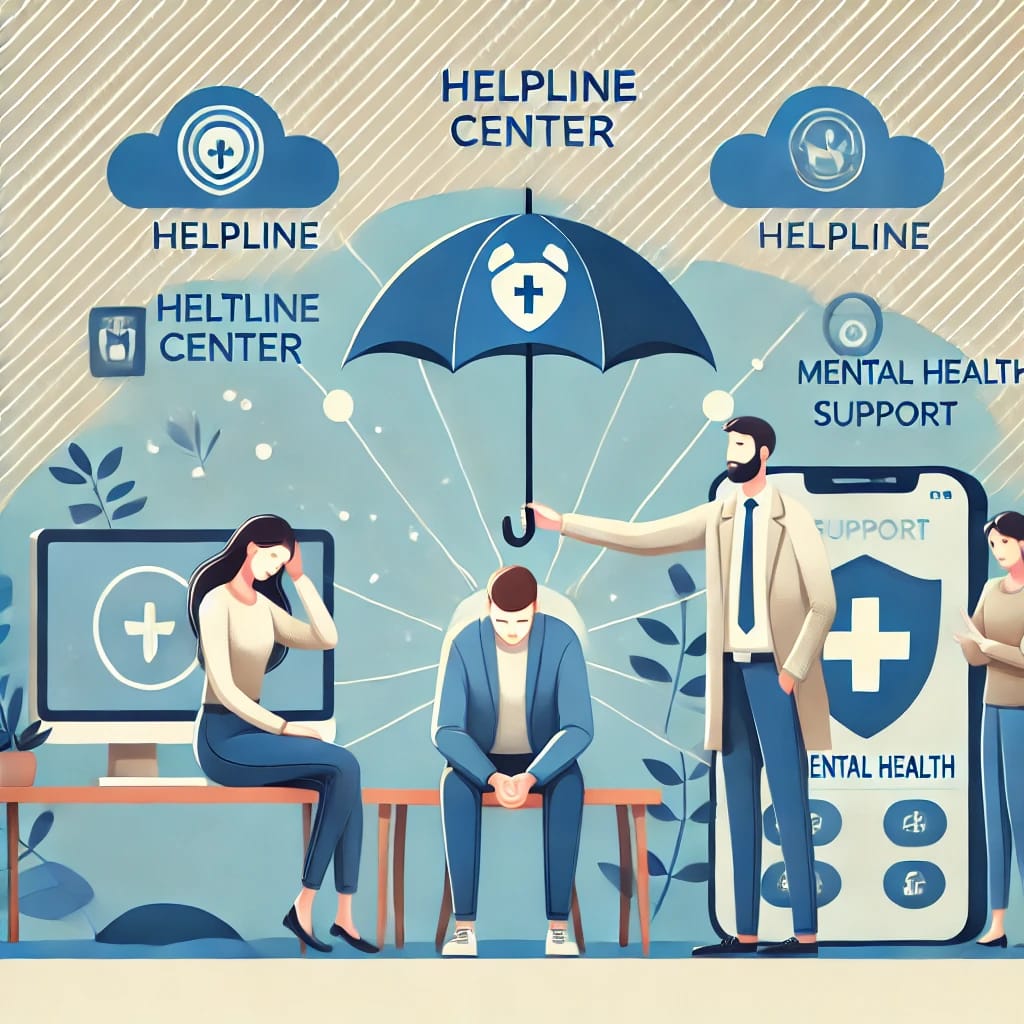
The global mental health crisis has reached alarming levels, with rising cases of anxiety, depression, and stress-related disorders affecting millions worldwide. The COVID-19 pandemic, economic instability, and social pressures have further intensified the demand for mental health support. Governments, healthcare providers, and private organizations are now prioritizing mental well-being by introducing innovative solutions, expanding mental health services, and reducing stigma.
The Alarming Rise of Mental Health Issues
According to Pulse Headline, mental health disorders have surged in recent years, affecting people of all ages and backgrounds. Studies indicate that one in four individuals will experience a mental health condition in their lifetime, with young adults being particularly vulnerable. Factors such as financial stress, social media influence, and job-related burnout are contributing to the worsening crisis.
Furthermore, the workplace has become a major stress factor, with employees struggling to balance work and personal life. Companies are now recognizing the importance of mental well-being, implementing workplace wellness programs, flexible work schedules, and access to counseling services.
Government and Policy Interventions
Governments worldwide are increasing efforts to address mental health by implementing policies that improve access to care. As reported by NYWall Street, many countries have expanded their healthcare systems to provide better mental health services, including teletherapy, mental health hotlines, and insurance coverage for psychological treatments.
In the U.S., for example, policymakers are advocating for increased funding in mental health programs, particularly in schools and workplaces. The European Union has also launched awareness campaigns to break the stigma surrounding mental illness, encouraging individuals to seek help without fear of discrimination.
The Role of Technology in Mental Health Support
Advancements in technology are playing a significant role in improving mental health care. According to Profit Daily Site, mobile apps and AI-driven therapy platforms are making mental health support more accessible than ever. Apps like Calm and Headspace offer meditation and stress-reducing exercises, while AI-powered chatbots provide real-time emotional support and mental health tracking.
Teletherapy has also emerged as a game-changer, allowing patients to connect with therapists remotely, eliminating geographical barriers and reducing waiting times for mental health services. Digital mental health platforms are helping bridge the gap in mental healthcare, ensuring more people receive the support they need.
Breaking the Stigma Around Mental Health
Despite progress, stigma remains a major barrier to mental health treatment. Many individuals still hesitate to seek professional help due to fear of judgment. US Nation Post reports that celebrities, athletes, and public figures are now speaking openly about their mental health struggles, helping to normalize discussions around mental well-being.
Community-based programs and peer support groups are also gaining traction, providing safe spaces for individuals to share their experiences and access emotional support. Schools and universities are integrating mental health education into their curricula, equipping students with coping skills and awareness from a young age.
Conclusion
The mental health crisis requires urgent action, and societies worldwide are taking steps to address the growing demand for support. With government initiatives, technological advancements, and cultural shifts towards openness, mental health care is becoming more accessible and effective. As awareness continues to grow, the hope is that mental well-being will be treated with the same urgency and importance as physical health.




Leave a Reply